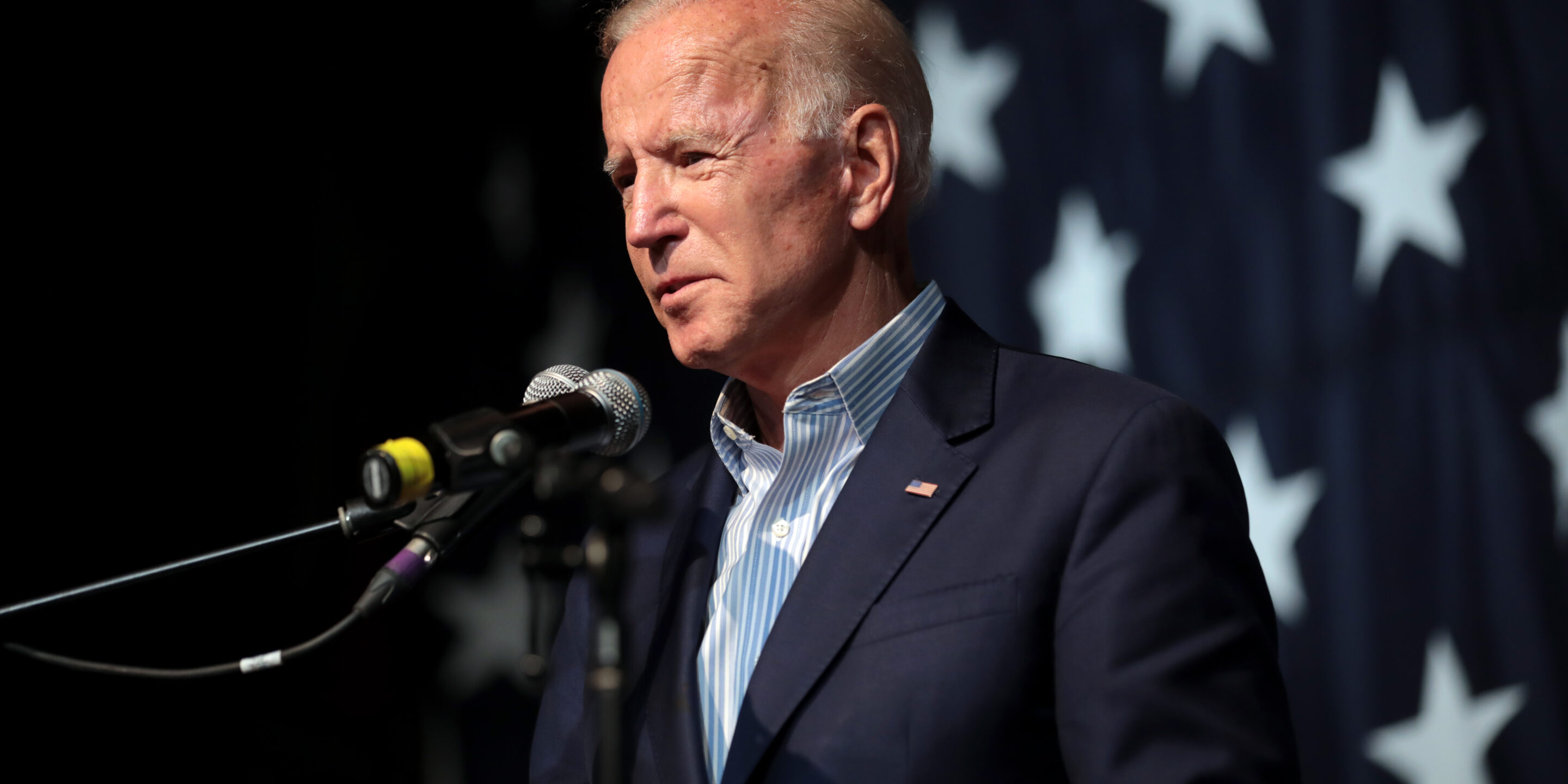February 27, 2024
Biden’s Gaza gaffe risks relations with the Democratic base

One of the first rules of politics and policy is to keep expectations low, lest you disappoint your constituents and embarrass yourself for being hopelessly naive. Apparently President Joe Biden didn’t get the memo.
During a stop in New York City this week for a taping of NBC’s Late Night with Seth Meyers, Biden was eager, if not downright giddy, about the prospects of a temporary ceasefire in Gaza. Ice cream cone in hand, the president told the White House press corps that Jake Sullivan, his national security advisor, believes a truce is close at hand.
“My hope is that, by next Monday, we’ll have a ceasefire,” Biden said. Hours later, he followed up those comments with an even more hopeful assessment, telling Meyers and his studio audience that Israel agreed to cease operations during Ramadan, which begins on March 10.
All of this was news to Israel and Hamas, the two parties who have been haggling over terms about a possible truce and hostage release deal ever since the first week-long cessation of hostilities broke down about three months ago. Basem Naim, the chief of Hamas’s political division in Gaza, told the Guardian the next day that the group is still waiting for Israel’s latest draft proposal. An Israeli official was even more grim about the possibility of a deal emerging on Biden’s timetable. “If the conditions that Israel requested were accepted, the deal would have happened today,” the official commented to the Washington Post. “But right now there is no deal, and the deadline is not Monday or Tuesday. I don’t believe we’re as close to a deal.”
More on Middle East

By Jennifer Kavanagh and Dan Caldwell
June 28, 2025

By Rosemary Kelanic and Jennifer Kavanagh
June 25, 2025

Featuring Rosemary Kelanic
June 25, 2025
Events on Israel-Hamas






